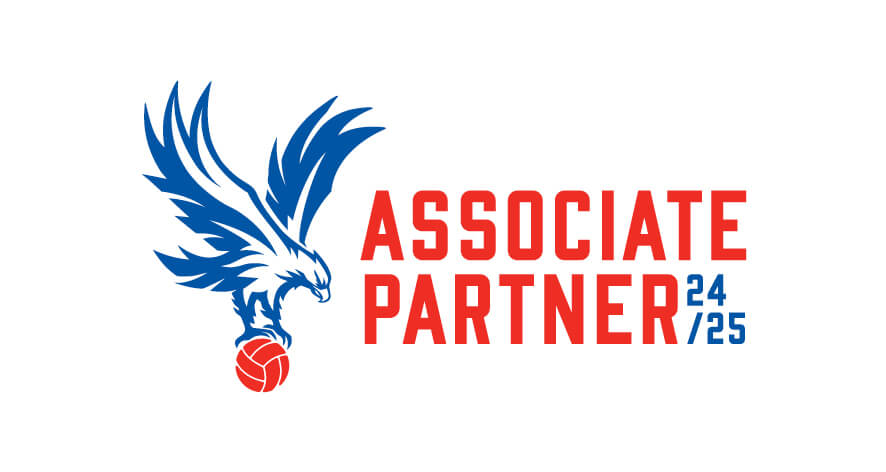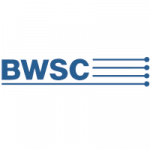Five-year ban for director after raft of health and safety breaches.
A director of a fuel tank manufacturing business has been banned from directing any company for five years after breaching a raft of health and safety regulations.
Brian Nixon of Evesham, Worcestershire, and managing director of Transtore (UK) Ltd was also fined £17,000.
Workers at Transtore (UK) Ltd in Stratford-upon-Avon were exposed to lead and other harmful chemicals while paint was sprayed at the plant without the correct safety measures in place. Workers were also put at risk of falls from height with no safety equipment provided.
Inspectors from the Health and Safety Executive (HSE) investigated and prosecuted Mr Nixon and Transtore (UK) Ltd in Stratford-upon-Avon, after a receiving a complaint from a concerned employee.
Mr Nixon was also ordered to pay £9,169 costs after admitting breaching Regulation 4(1) of the Work at Height Regulations 2005 and Section 33(1)(g) of the Health and Safety at Work etc. Act 1974 at Stratford-upon-Avon Magistrates’ Court today (19/04/10).
The company, Transtore (UK) Ltd, based at Long Marston Storage, Campden Road, Stratford-upon-Avon was fined £70,000, with costs of £27,507 after being found guilty of eight separate breaches of health and safety law. The company is now in administration.
During HSE’s investigation, specialist inspectors took air samples as well as blood and urine samples from the workers to assess their exposure to lead, among other harmful chemicals in the plant that was being sprayed unsafely.
The company was condemned for allowing workers to spray paint, containing toxic lead chromate, without adequate controls in place, leaving them to breathe in harmful fumes and absorb lead into their blood.
Five workers needed blood and urine tests, with the fumes having the potential to cause headaches, tiredness, and stomach pains. Long-term exposure can led to irreversible central and peripheral nervous system damage, kidney damage and gastrointestinal problems.
All results from the workers showed higher levels of lead than the UK population average.
Workers were also expected to stand beneath the half-tonne fuel tanks they were painting during the spraying process with nothing to prevent them from being crushed if the lifting equipment, which had not been maintained or checked properly, had failed.
The company was also criticised for allowing its employees to work on top of the tanks with no safety equipment to prevent them falling two metres on to the concrete floor. The workers received no training or instructions and were left to devise their own systems of work.
HSE served four prohibition notices on the company during its investigation to immediately stop unsafe work. It also issued four improvement notices. Mr Nixon ignored the notice prohibiting work at height and continued to instruct his employees to work on top of the tanks.
HSE Inspector Peter Snelgrove said:
“Mr Nixon deliberately flouted health and safety laws and paid scant regard to the safety of his employees. I agree with what the District Judge said in court about it being a lamentable situation and it was very fortunate that there were no injuries before we carried out our investigation. Legal proceedings highlighted that there was a complete flagrant lack of attention and as we heard in court, a gross dereliction of duty by the management of this company.
“Companies and their managing directors have a legal responsibility to protect their employees. No one should be expected to work in the conditions found at Transtore and it is quite right that an employee contacted HSE to complain. Failure to properly manage health and safety can have catastrophic results.”
Transtore (UK) Ltd was found guilty of breaching:
* Regulation 6(1) of the Control of Lead at Work Regulations 2002;
* Regulation 4(1) of the Work at Height Regulations 2005;
* Regulation 8(1)(c) of the Lifting Operations and Lifting Equipment Regulations 1998;
* Regulation 21(1) of the Workplace (Health, Safety and Welfare) Regulations 1992;
* Regulation 13(2) of the Management of Health and Safety at Work Regulations 1999;
It was also found guilty of contravening on three occasions prohibition notices that had been issued under section 22 of the Health and Safety at Work etc. Act 1974.









